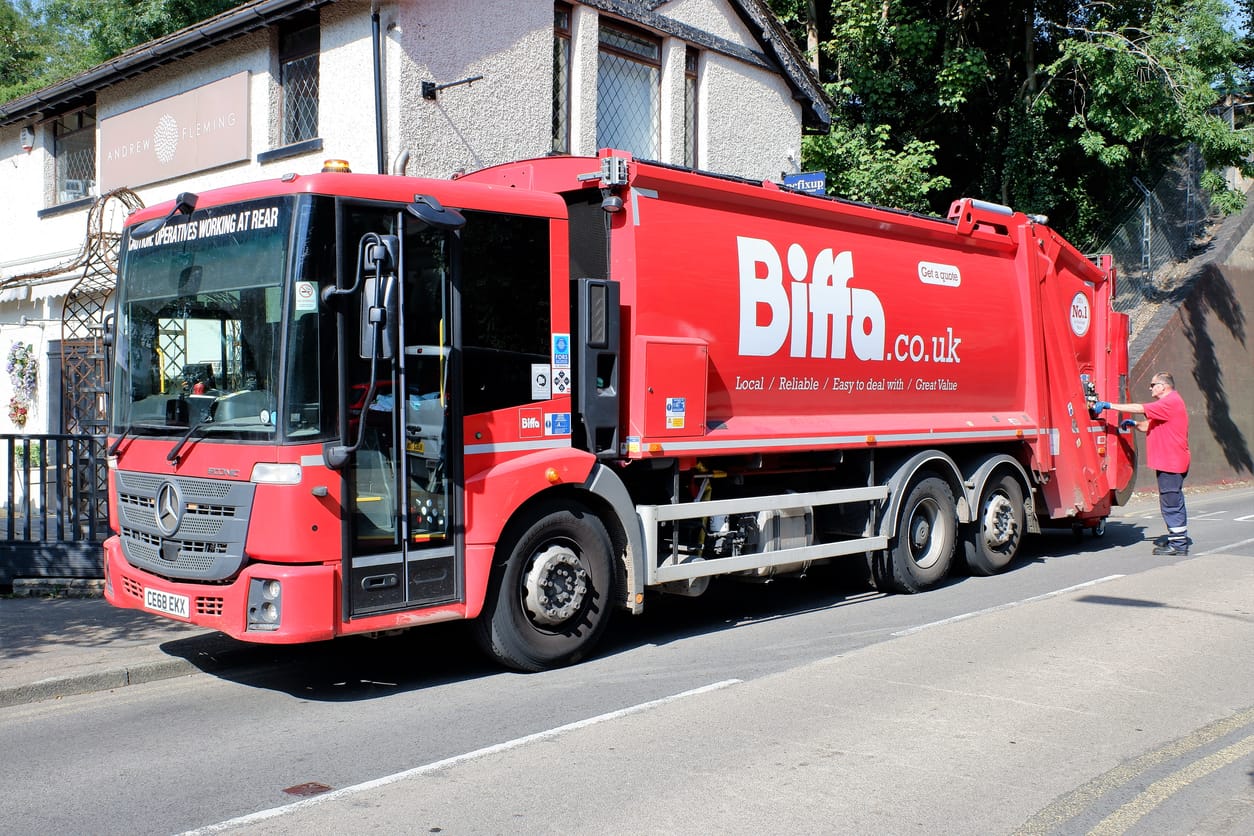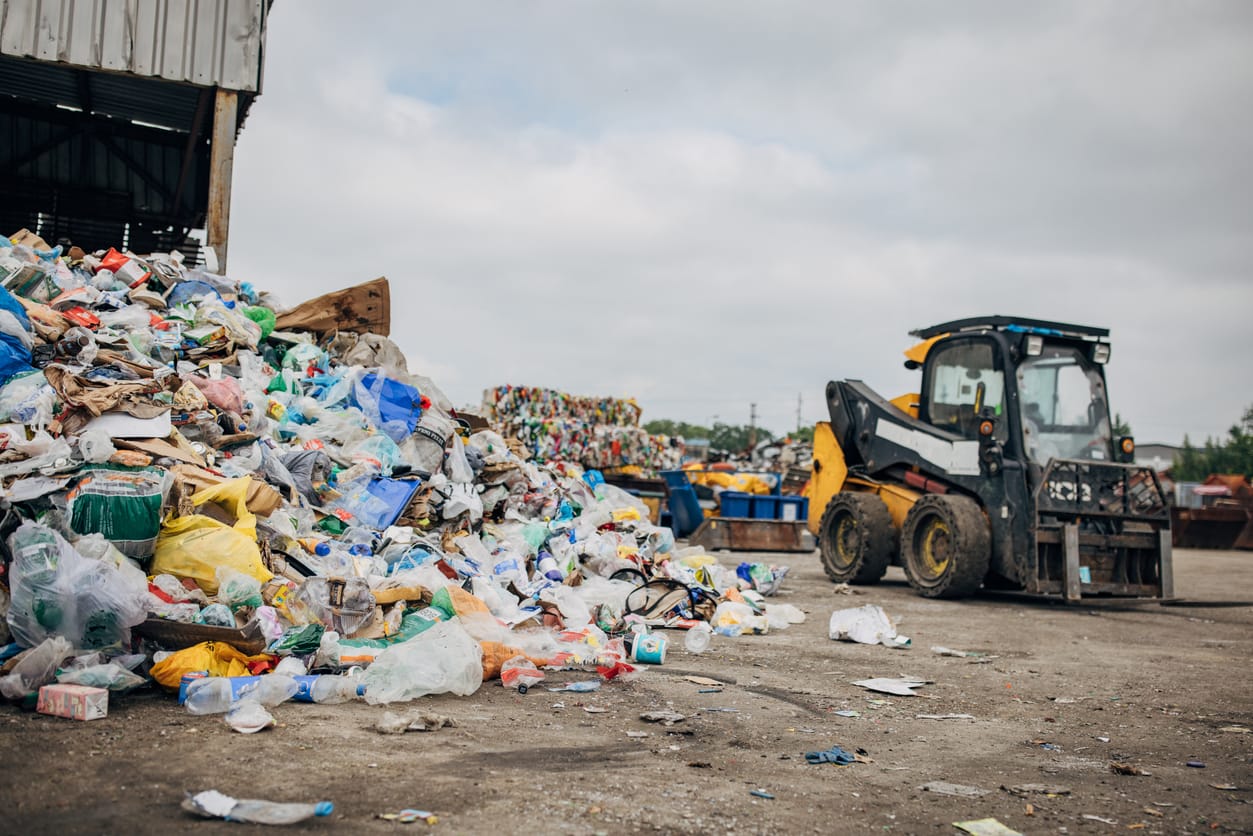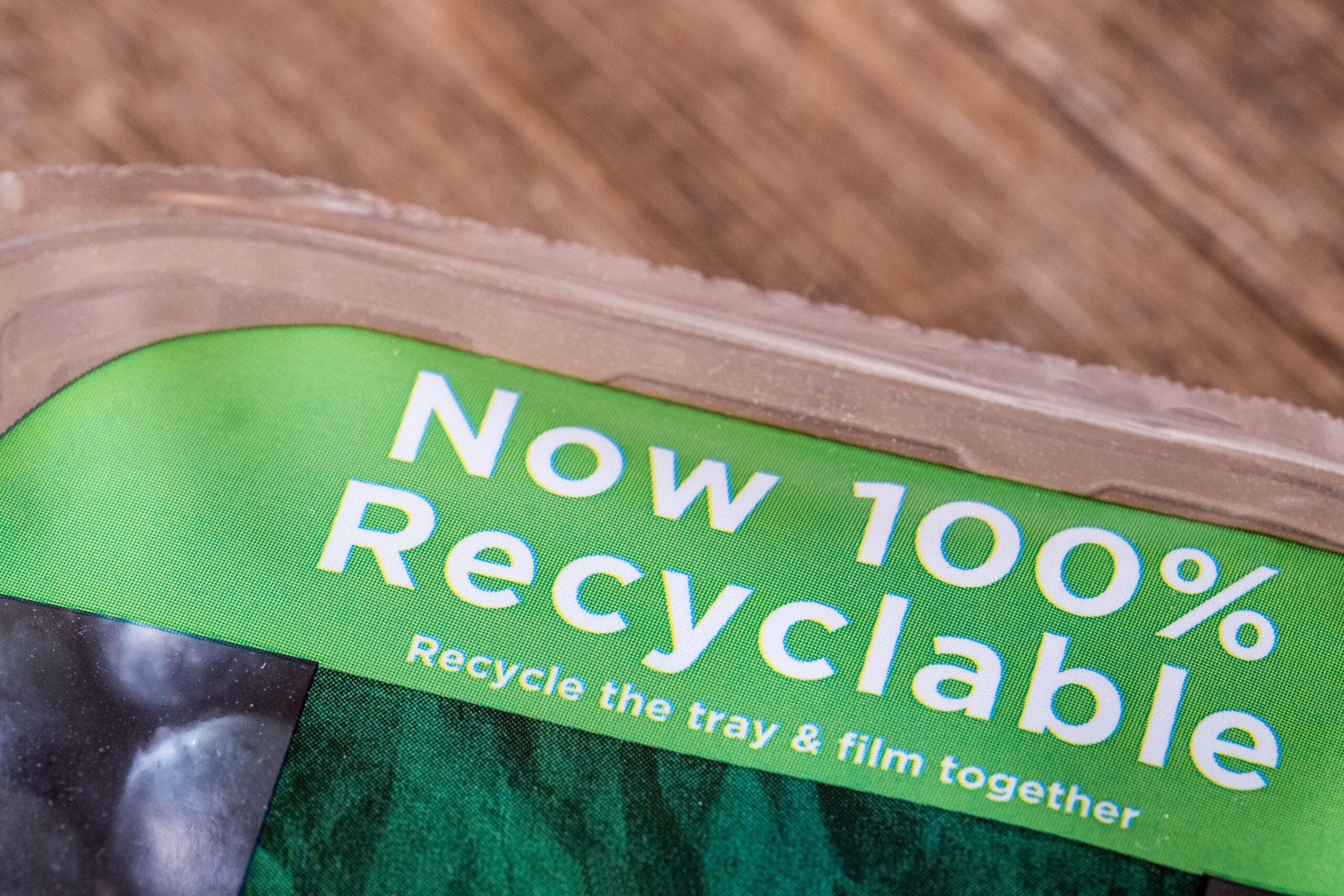Pick from our related articles...
You can find us on
Keep yourself up to date with Let's Recycle It latest news
Cross-Party MPs Call For Variable Price Model Deposit-Return Scheme
A group of cross-party MPs is calling for the government’s proposed deposit-return scheme (DRS) for drinks containers to use a variable price model.
We have written before about the government’s plans for the deposit-return scheme, and about the inquiry launched by the Environmental Audit Committee to finalise the scheme’s design.
Variable Price Model
Following a poll in June 2020 in which four out of five participants said they believe any deposit-return scheme should use a variable price model, a group of 19 MPs have signed an Early Day Motion calling for the government to incorporate this into their plans. MPs such as Tracey Crouch, conservative party, Hilary Benn, Labour, and Caroline Lucas, Green party, have signed the Early Day Motion calling on the government to implement a scheme that looks like those in place in Finland, Norway, Sweden and Denmark that all use variable deposit rates – and do so successfully.
Campaigners and activist groups are supporting the MPs, arguing that a flat rate deposit would actually do more harm than good. They are saying that a flat rate at £0.20 as proposed would cause consumers to switch from buying smaller containers made of glass or metal larger 2-litre plastic bottles to save money.
For example, at the proposed rate a multipack of 24 cans would come with deposit charges of nearly £5 for the containers, whereas four 2-litre bottles would only carry £0.80 in deposit charges for a slightly larger amount of drink.
This would make it cheaper at the point of purchase to buy plastic rather than glass or metal, which would then increase the number of plastic bottles being produced.
Given that the glass industry has consistently exceeded the recycling targets set out by the current packaging recovery note (PRN) system, and that drinking cans contain on average 68% recycled material compared to just 3% in the average plastic bottle, this would come with a significantly negative environmental impact.
The Aluminium Packaging Recycling Organisation (Alupro) published a report to the same effect. The report criticised the flat rate system as being an ‘unsophisticated approach’ that would only serve to increase the amount of plastic being used and decrease the use of more recyclable materials such as glass or metal.
Deposit-Return Scheme
Rick Hindley, the executive director of Alupro, has supported the call for a deposit-return scheme that covers all materials but argues that £0.20 should be the lowest fee, with prices increasing based on container size and material. He said, “On balance we call for an all-in DRS but we are very aware that we need to look for solutions for on-the-go. We need infrastructure to catch more on-the-go packs.”
He continued, “Our concern is that simplicity will override sustainability in senior-level decision making. As such, we are imploring the government to take our statistics and modelling into close consideration when discussing the design of the UK’s DRS.”
There are of course broader consequences to these decisions; the effects will ripple throughout various levels of society. Martin Kersh, the executive director of the Foodservice Packaging Association (FPA), said “I would have thought a really compelling argument in favour of variable rate is the fact that a flat rate system will impact the poorest of society.”
Mark Pawsey MP said that he understands and supports the governments decision to take action but is concerned about the impact their current deposit-return scheme design will have. He is keen to see that ultimately the design is fair and proportionate across all materials, and believes that arbitrary flat rates would in the long term actually cause plastic pollution to increase.
At Let’s Recycle It, we are absolutely in support of the implementation of a deposit-return scheme in the UK, but like many of the critics of the government’s current plans we want to see it done right. We also believe that a flat rate will drive consumers away from more widely recycled materials such as glass and metal and towards plastic.
It is our opinion that a flat rate would lead to a sharp increase in the amount of plastic pollution in the UK, whereas a variable price model will act proportionately across materials to increase packaging recovery and recycling across the board – just as has been the case in countries with a variable rate deposit-return scheme, such as in Scandinavia.
Follow us to stay up to date on our latest news
If you would like to receive our newsletter to keep up to date with Let’s Recycle It news and to receive marketing information regarding our services, please let us know:


